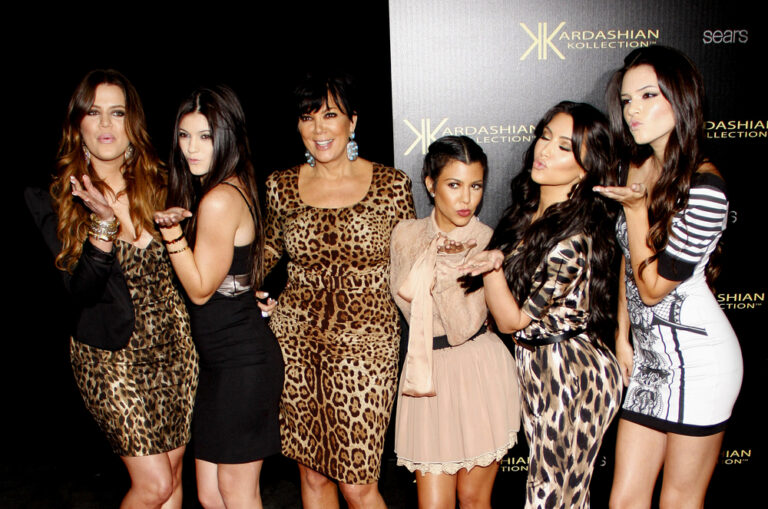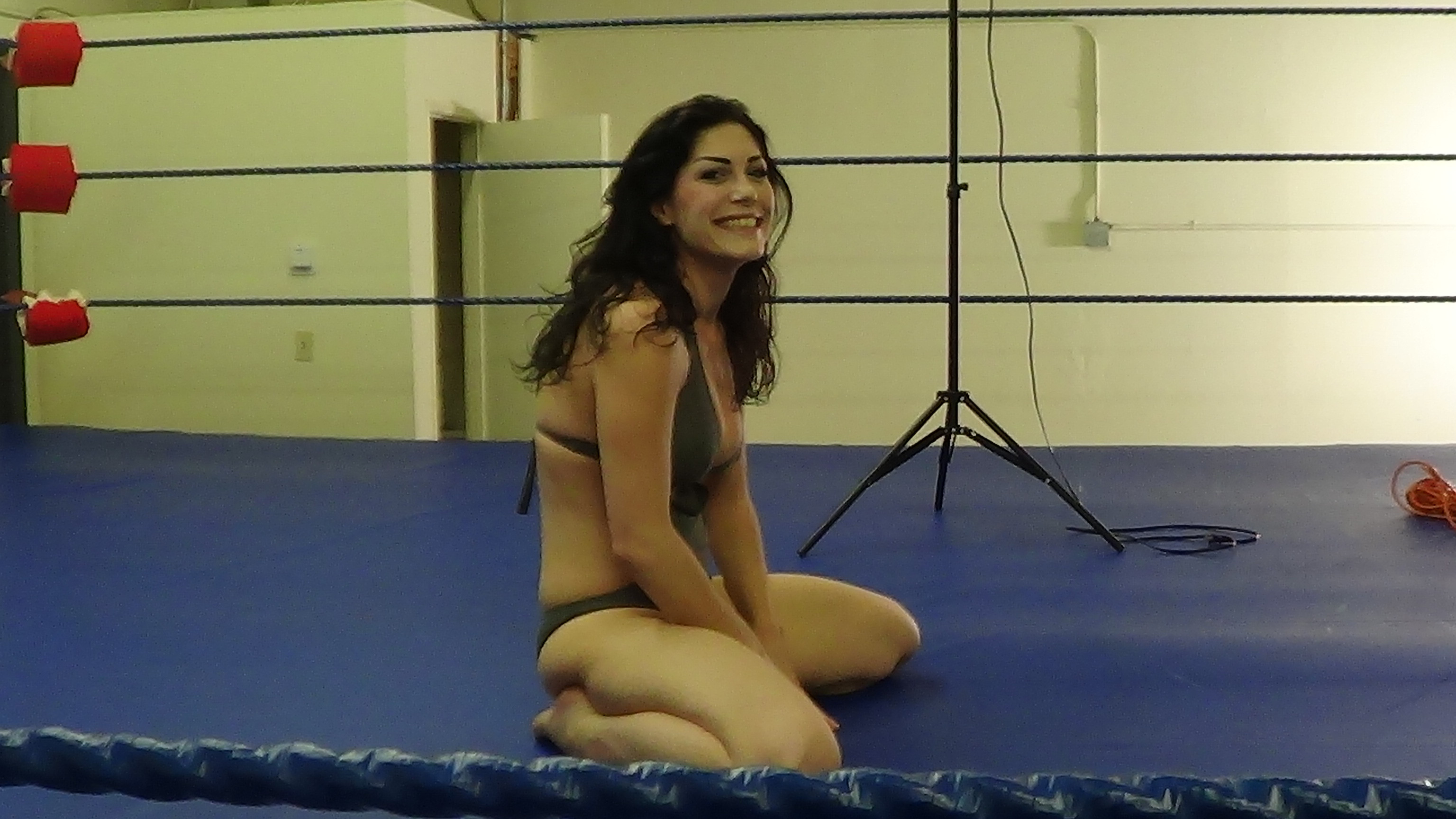
fciwomenswrestling.com photo
Many female submission wrestlers are small business owners and independent contractors. In terms of organizing a schedule, acquiring new business and planning for their financial future, good decision making is vital.
Here is one guide that might be helpful.
There is a school of thought that a good decision or a bad decision is better than procrastinating and making no decision.
I couldn’t disagree more.
You’re not sure if you should marry your fiancé. Post college graduation you have an opportunity to travel to Europe with close friends who provide free lodging for months or enter into a master’s program where you’ve been accepted. You are lukewarm about purchasing a large expensive house but your family wants you to. There is an option to take a job in China (I actually overheard this conversation at a bank) but you have a job offer at home as well.
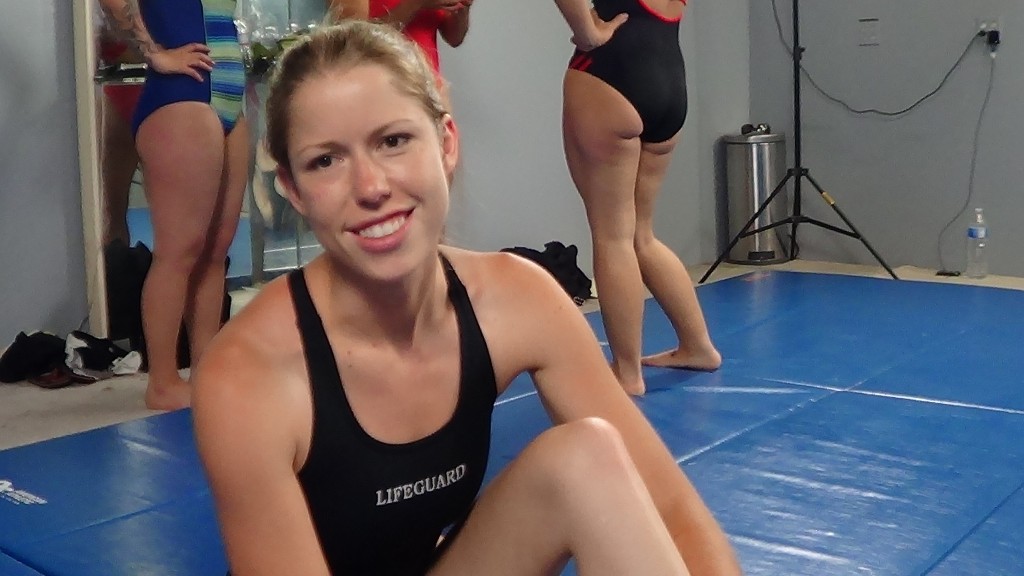
Can anyone reading this say that making a bad decision in the above scenarios is always worse than making no decision, which by the way is a decision in itself?
In the cases cited, if you make a poor decision, how long will you have to suffer for it? How hard will it be to get out of it and what will be the massive price you have to pay to escape a bad decision made?
If you work a 9 to 5 job in a structure, so many decisions are made for you. If you are a serious female wrestler, most of the ones I’ve met live a higher risk lifestyle, have to provide their own income and do not work 9 to 5 jobs. As I was having dinner with a group of female submission wrestlers after a shoot and began to describe a person who did work a 9-5 job and the lifestyle that typically goes with it, one of the competitors sighed between bites of sushi, “We don’t know anyone like that.”
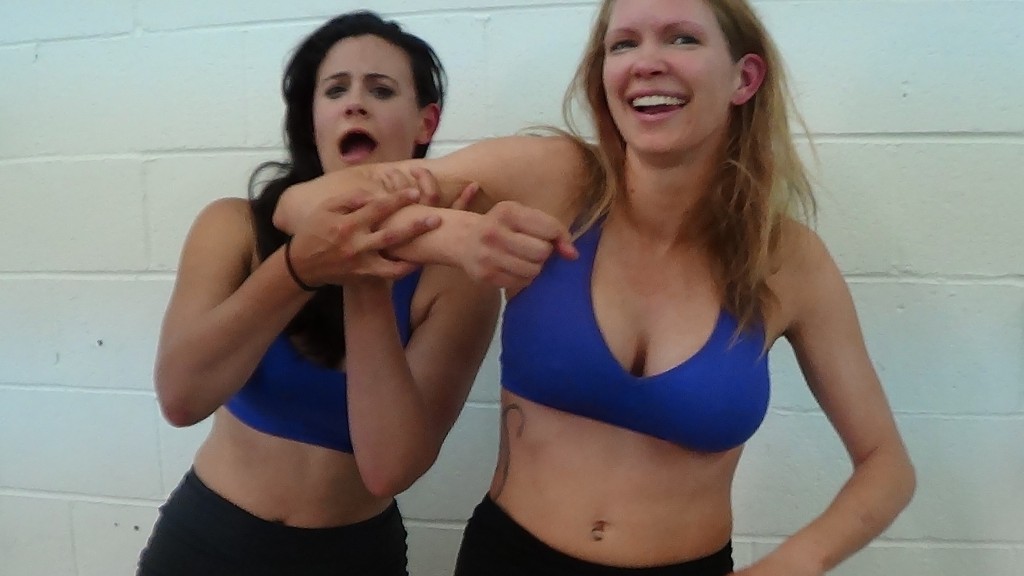
With more independence comes greater responsibility.
When you are an independent contractor, making sound decisions about preparing for retirement, building a strong revenue base and developing contacts that can mentor and help provide you with more career options as you age are critical.
Business is important but what about your personal life? Who you hope to build a long term relationship with in this time period can be challenging. How can you quickly distinguish between romantic dead ends while not extinguishing a hidden gem?
What information can help you make better decisions?
We researched many authors and subjects and found that the information can be overwhelming, so here we go.
We decided to make a decision.
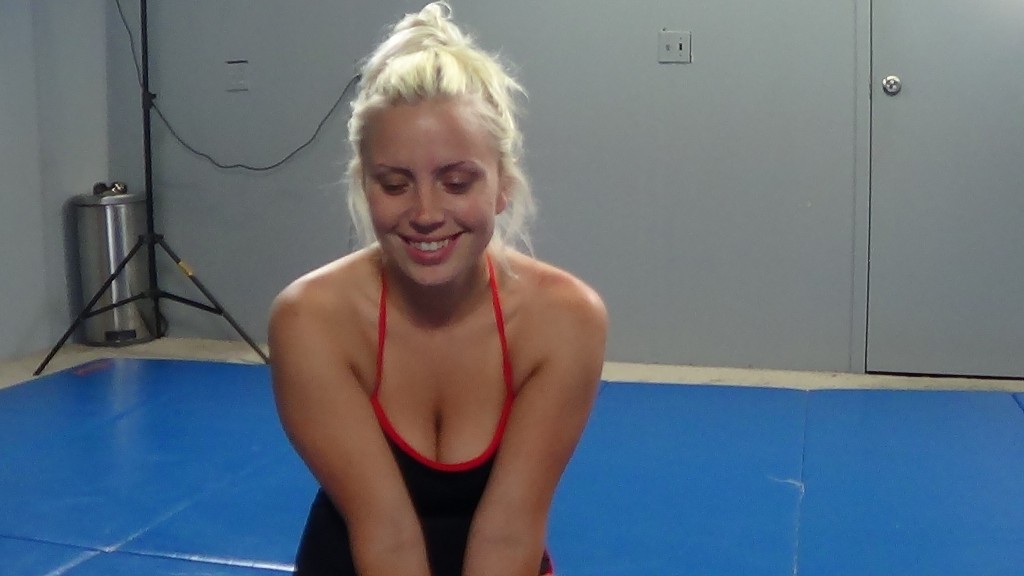
The process included two major factors. What are their credentials and how easy is it to understand what they are saying in a practical way?
While this is not a recommendation, we found this information to be helpful.
The educational site Wikipedia informs, “Deepak Chopra, (born October 22, 1947) is an Indian-American author, public speaker and physician. A prominent alternative-medicine advocate and author of several dozen books and videos, he has become one of the best-known and wealthiest figures in the holistic-health movement and has been described as a New-Age guru.
At his own site chopra.com, Mr. Chopra explains, “Deepak Chopra, M.D is the author of more than 65 books, including numerous New York Times bestsellers. His medical training is in internal medicine and endocrinology, and he is a Fellow of the American College of Physicians, a member of the American Association of Clinical Endocrinologists, and an adjunct professor of Executive Programs at the Kellogg School of Management at Northwestern University.
He is also a Distinguished Executive Scholar at Columbia Business School, Columbia University, and a Senior Scientist at the Gallup organization. For more than a decade, he has participated as a lecturer at the Update in Internal Medicine, an annual event sponsored by Harvard Medical School’s Department of Continuing Education and the Department of Medicine, Beth Israel Deaconess Medical Center.”
In an effort to help all of us make better decisions, here is what we gleaned from some of his works.
So what are the components that make a decision a good one? There are four human elements.
Emotions – Your choice must fit in with your most positive emotions and avoid negative ones.
Self – Your decision must match who you are as a person.
Vision – Your decision must accord with your long-term goals.
Surroundings – Your decision must be compatible with the situation you find yourself in.
Emotions: Good decisions feel optimistic. They aren’t based on fear, rivalry, anger, and greed. They express expanded emotions while bad decisions express contracted emotions. When the situation is rife with tension, decision-making become clouded. Even so, it’s the person who can feel his (or her) way forward without panic, who can stay centered emotionally, who will inevitably find the best solution.
Self: Success depends much more on who you are than what you do. If you keep building a self, moving steadily toward maturity, self-confidence, self-reliance, and knowing your own truth, you will make better and better decisions. Self isn’t ego. It is the calm, secure core of who you are. Ego is the drive to satisfy the demands of “I, me, and mine.” We all have egos, but highly successful people have learned to act from their true selves.
Vision: Every person experiences a host of shifting emotions, thoughts, and desires. They form the daily jumble that occupies our minds, and quite a lot of the time they dominate our daily actions. Vision turns the jumble into a coherent perspective, turning chaos into order. “I know who I am” goes with “I know where I’m going.” Vision is the captain of the ship of life. Here you collect your sense of morality and duty. You know what you’re passionate about. You follow your highest aspirations. When successful people have survived immense crisis and challenge, what got them through was their vision.
Surroundings: All decisions are made in a context. You can’t reduce decisions to a formula that fits every circumstance. Most people try to do just that, however. They are always fighters or always compromisers. They always embrace risk or always avoid it. Like the proverbial stopped clock that is right two times a day, if you follow a fixed formula in your decision-making, you won’t meet with failure, but you won’t be flexible, dynamic, and adaptable either. Good decisions require you to assess the situation you find yourself in. This is one area where rationality actually gives you an advantage as you gather information, study the variables that must be considered, and perform in-depth analysis. Yet even here, the best decisions are made by someone who can feel his way along, not by someone who relies totally on data.”
We appreciate Mr. Chopra sharing this with us.
We have focused on one school of thought so this is a subject we will no doubt focus on again.
As we travel the often clutter filled road of life, it’s nice to have a map and some well-placed road signs.
The future of the fully competitive female wrestling community is very important to Female Competition International. Good decision making should help to make that future a more cohesive and brighter one.
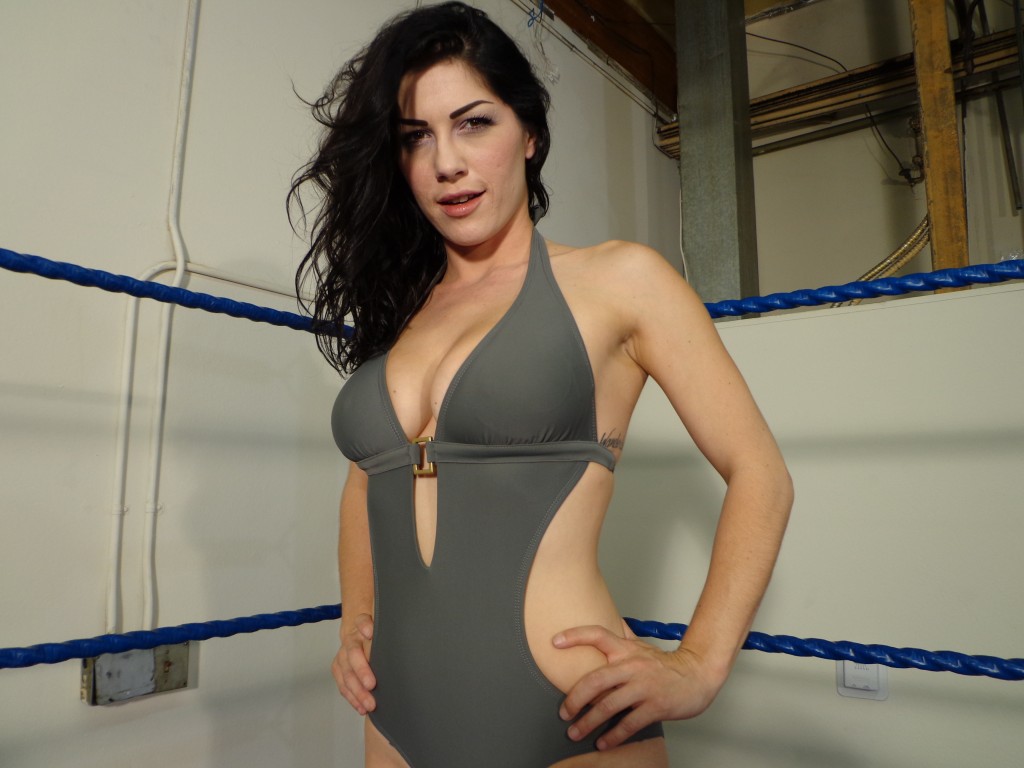
~ ~ ~
Sources: brainyquote.com, Wikipedia, chopra.com, fciwomenswrestling.com, photos thank you Wikimedia Commons.
